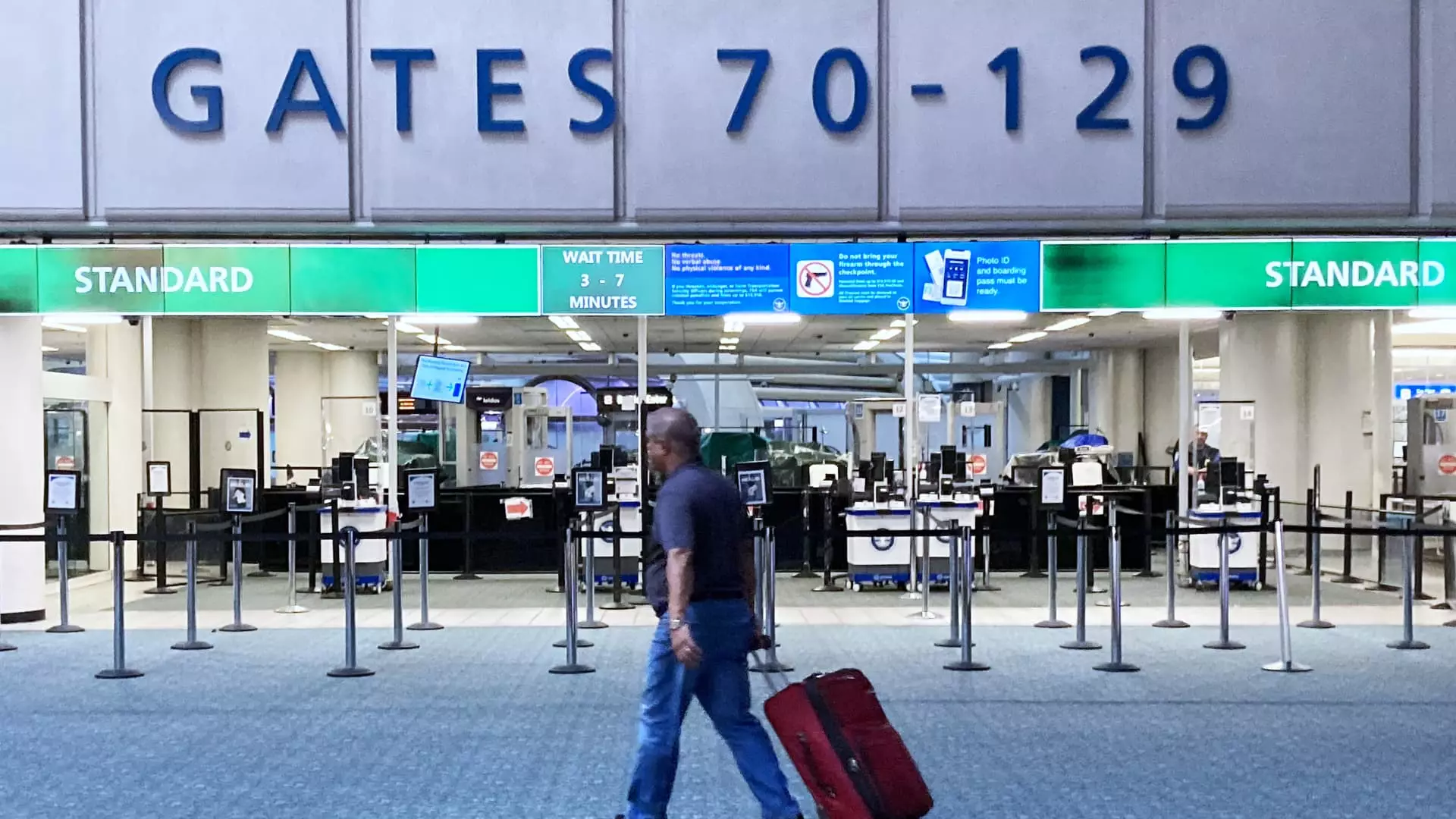As the holiday season approaches, concerns grow over a potential government shutdown that could disrupt travel plans for millions of Americans. The failure of lawmakers to reach an agreement culminated in the rejection of a short-term funding bill supported by President-elect Donald Trump. If a resolution is not reached by 12:01 a.m. ET this Saturday, the government may come to a halt, resulting in significant consequences for both government employees and the travel industry.
The implications of a government shutdown extend beyond mere budgeting disputes. It could lead to the furlough of hundreds of thousands of government employees, affecting daily operations across various sectors. According to the U.S. Travel Association, the financial repercussions could hit the travel industry hard, potentially costing it up to $1 billion per week during a critical time when millions are expected to travel for the holidays.
This situation raises a valid question: why would congressional leaders risk the well-being of their constituents during one of the busiest travel times of the year? Geoff Freeman, president of the U.S. Travel Association, noted that the decision to continue working without pay for essential personnel like Transportation Security Administration (TSA) workers and air traffic controllers is a recipe for chaos. The pressure on these employees escalates during peak travel seasons, creating a precarious situation that could lead to longer wait times at airports and a heightened sense of unease among travelers.
Despite the potential for a shutdown, airlines remain optimistic about the holiday travel season. Major airlines such as United Airlines are preparing for record-breaking passenger numbers, expecting to fly nearly 10 million people between December 19 and January 6—an increase of 12% compared to the previous year. The TSA anticipates screening approximately 40 million travelers through January 2, underscoring the heavy demand for air travel.
While commercial flights will continue, the essential nature of TSA and air traffic control operations takes center stage in discussions surrounding the shutdown. As noted by TSA administrator David Pekoske, while officers will work without pay, the risk of increased wait times remains. This places an immense burden on both the TSA staff and travelers alike, creating an atmosphere of uncertainty as families prepare to embark on holiday journeys.
The last major government shutdown, which spanned over a month from late 2018 to early 2019, serves as a stark reminder of the potential chaos that can ensue. Air travel across the East Coast was notably disrupted during that period, as air traffic controllers called in sick due to the strain of working without pay. Lawmakers eventually reached a compromise to end the shutdown, marking it as the longest in U.S. history. This experience raises concerns about repeat occurrences and their implications for both the air travel system and public trust in government operations.
Moreover, the absence of a permanent administrator at the Federal Aviation Administration (FAA) complicates matters further. With the impending departure of FAA chief Mike Whitaker, it remains uncertain who will lead essential modernization efforts for the air traffic control system or manage the continuous recruitment of new controllers. Delta Air Lines’ CEO, Ed Bastian, emphasized the need for these priorities during discussions with CNBC, and the sooner the FAA appoints a new leader, the better prepared they will be to tackle these complex issues lingering over the holiday season.
The possibility of a government shutdown looms large as holiday travelers await clarity on their upcoming plans. This situation highlights the critical nature of effective governance and the responsibility lawmakers have to ensure the continuity of essential services. As the negotiations continue, the impact on individuals cannot be overlooked, and it is imperative that elected officials prioritize swift resolutions that safeguard the interests of the public and uphold the integrity of government operations. Ultimately, the effects of a shutdown extend beyond the immediate economic ramifications, affecting public confidence and the perception of government reliability during a time meant for celebration and unity.

